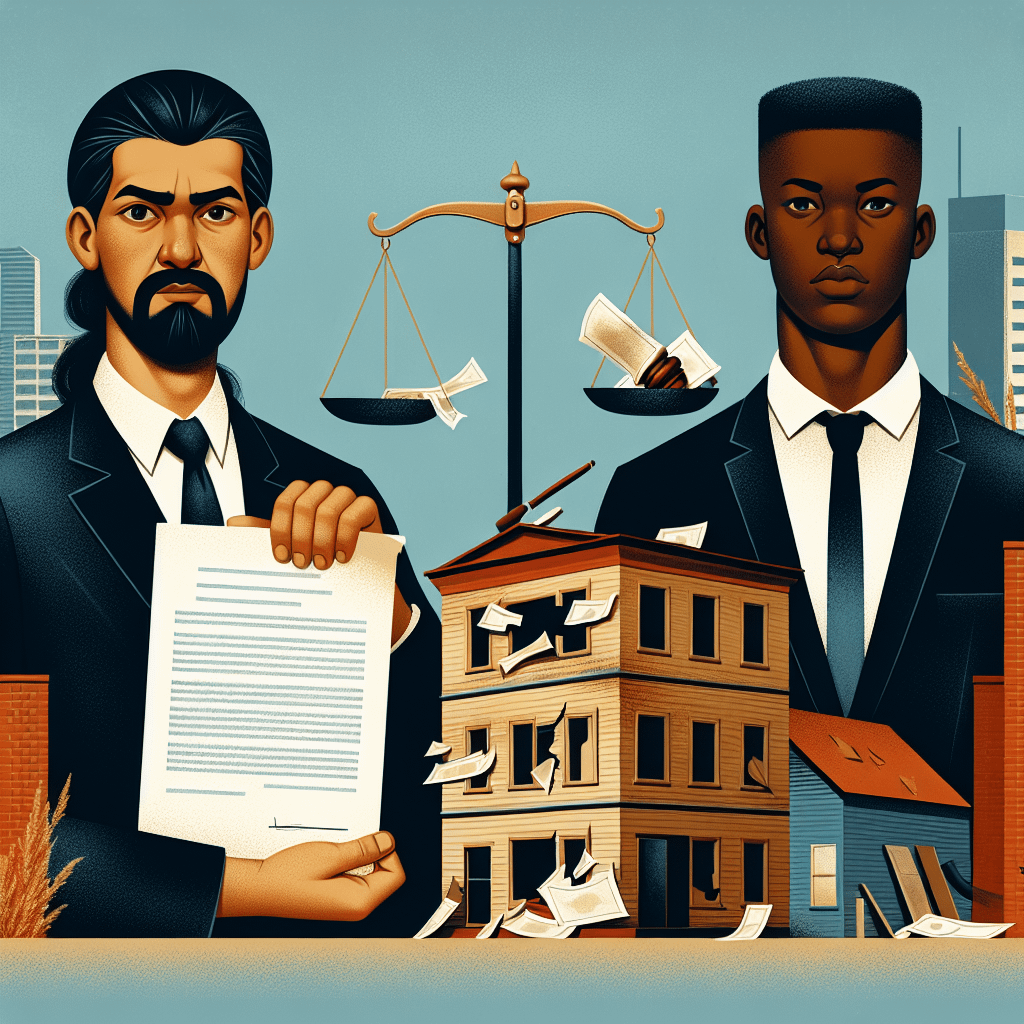Finding yourself in a living situation that feels unsafe is stressful and concerning, and it can leave you wondering if you can break your lease to find a more secure place to live. Fortunately, there are legal pathways to address this issue. Let’s walk through the essentials of breaking a lease due to unsafe living conditions, so you know what steps to take if you ever face this situation.
Understanding Your Rights as a Tenant
First things first—every tenant has the right to a habitable living environment. This is often referred to as the “implied warranty of habitability.” Landlords are generally required to provide safe and livable housing conditions, covering essential things like working plumbing, heating, water, and structural safety. If these conditions are compromised and create a dangerous living environment, it may provide you valid legal grounds to break your lease.
Steps to Take If You Feel Unsafe
1. Document Everything: Start by keeping a detailed record of the unsafe conditions you’re experiencing. Take photos or videos as evidence, and make notes of what is happening and when it occurs. This documentation will be crucial if you decide to pursue a legal case.
2. Notify Your Landlord: Before you can legally terminate your lease, most rental agreements and state laws require that you inform your landlord about the issues and give them a reasonable chance to fix the problems. Be sure to communicate clearly and in writing, whether through email or certified mail, to create a record of your communication.
3. Check Your Local Laws: Lease termination laws can vary significantly from state to state, so it’s essential to know the specific tenant rights and obligations in your area. Some regions have more tenant-friendly laws that make it easier to break a lease under certain conditions. Websites of local housing authorities or tenant’s rights organizations can be excellent resources for this information.
4. Give Your Landlord Reasonable Time to Fix the Issue: Generally, landlords need some time to make repairs or rectify the unsafe conditions. What counts as a “reasonable” timeframe can vary but usually ranges from a few days to a couple of weeks, depending on the severity of the issue.
5. Consider an Inspection: If your landlord is unresponsive or disputes your claims, you might consider contacting a local health department or housing inspector. An official inspection can back up your claims and provide the landlord with a formal notice to make repairs.
When It’s Time to Break the Lease
If your landlord fails to make repairs after you’ve notified them and allowed a reasonable time to address the issues, you may be justified in breaking your lease. However, take these final steps before moving out:
- Send a Final Notice: Let your landlord know in writing that you intend to break your lease due to their failure to remedy the unsafe living conditions. Cite your previous communications and any evidence you have gathered.
- Understand Potential Risks: Although you’re within your rights, there’s always a risk your landlord could dispute your claim, potentially leading to legal action. Therefore, having comprehensive documentation and legal advice is crucial.
- Seek Legal Advice: Consider consulting with a tenant-rights attorney, especially if your landlord threatens legal action or pursues a debt collection for remaining lease payments. They can provide guidance tailored to your situation and help ensure you follow the proper legal channels.
Practical Tips for Avoiding Future Issues
- Research Landlords and Properties: Before signing a lease, do some homework about potential landlords and properties. Online reviews and local tenant’s associations can provide insights into a landlord’s reputation.
- Understand Your Lease Terms: Read your lease thoroughly to understand your rights and responsibilities. Knowing your lease terms can help you respond quickly and correctly if issues arise.
By understanding your rights and taking the proper steps, you can navigate the challenging situation of an unsafe living environment, protect yourself, and potentially break your lease without facing penalties. Always prioritize your safety and well-being, and remember there are resources and legal protections available to support you.








